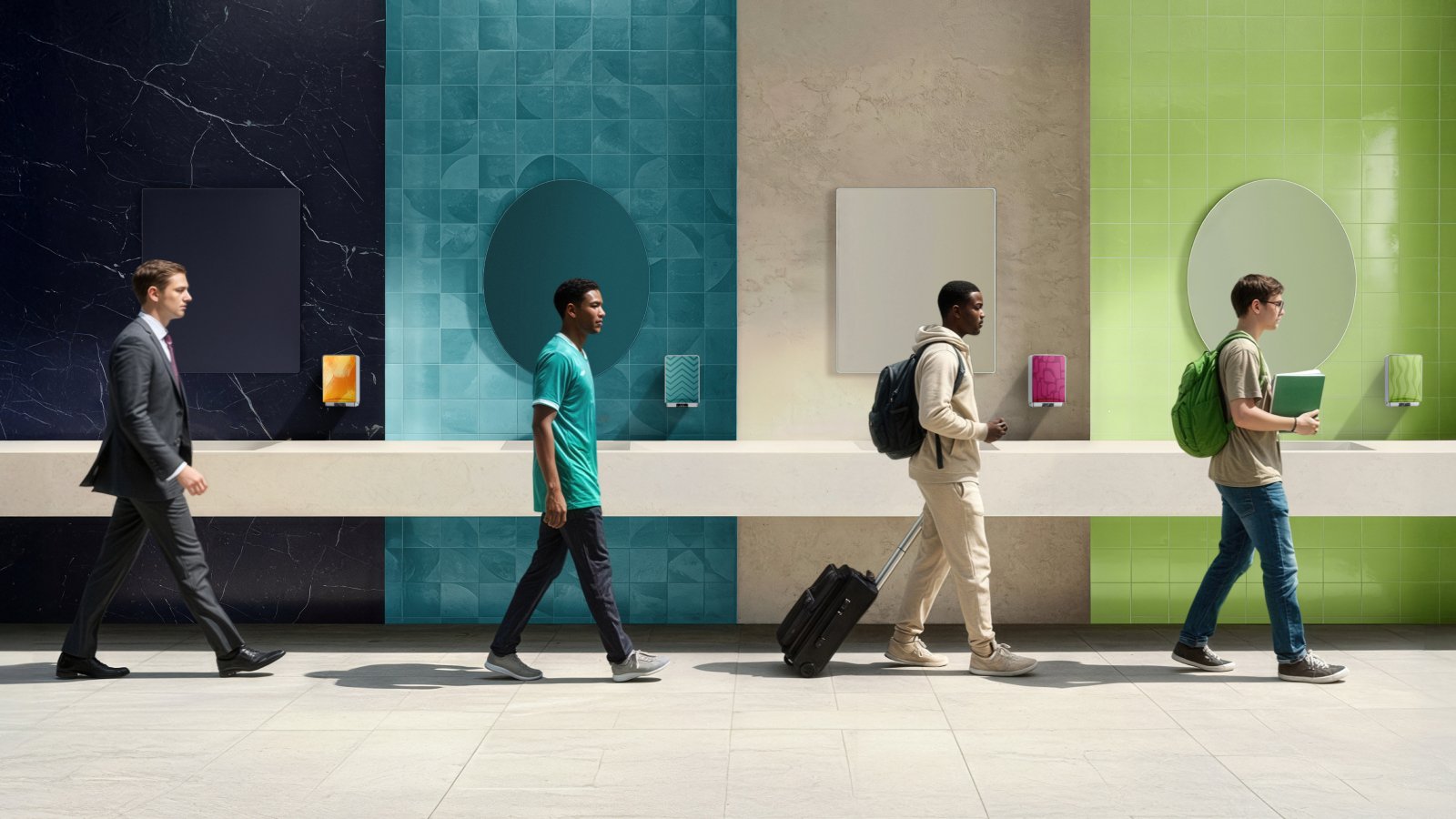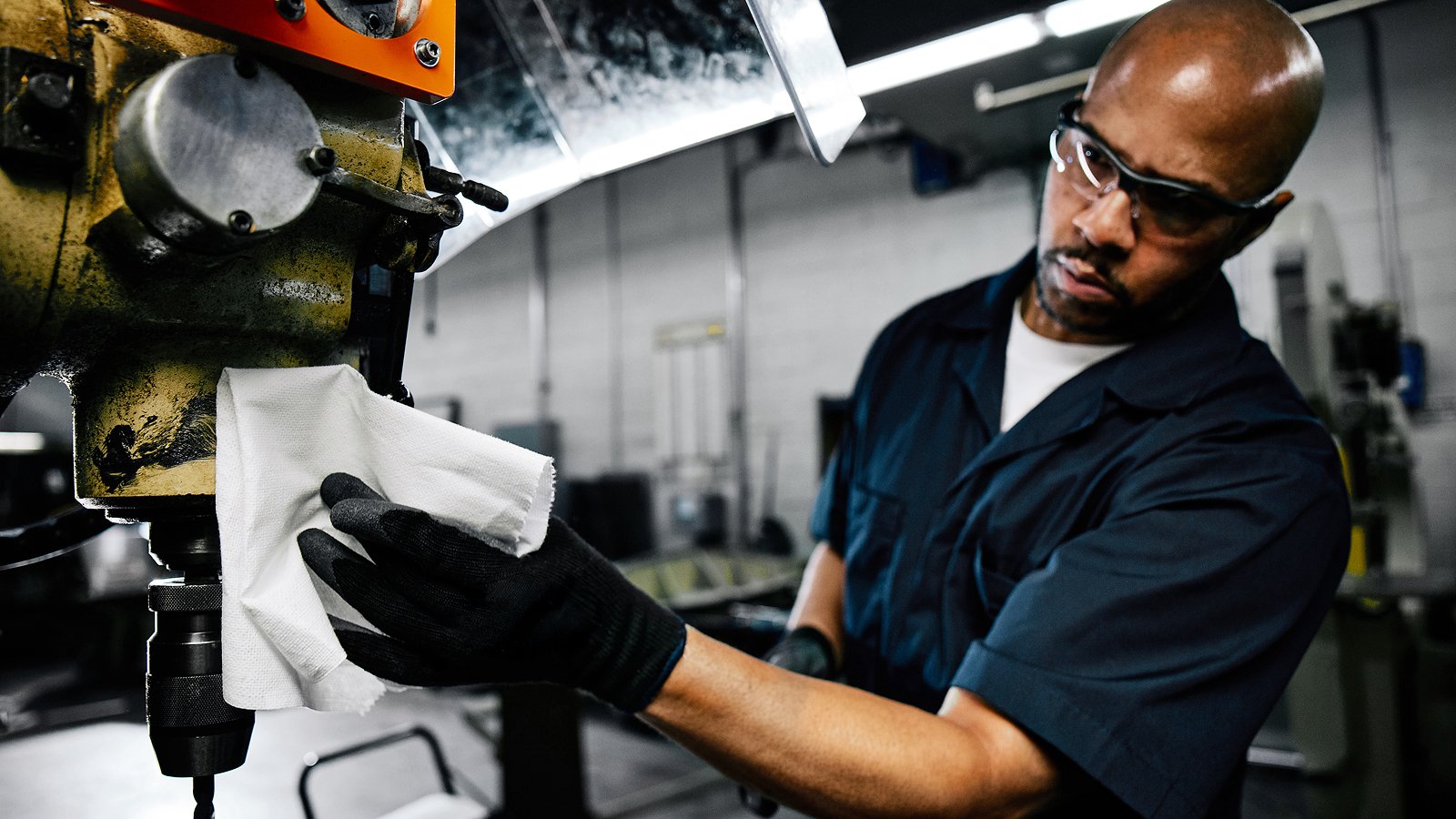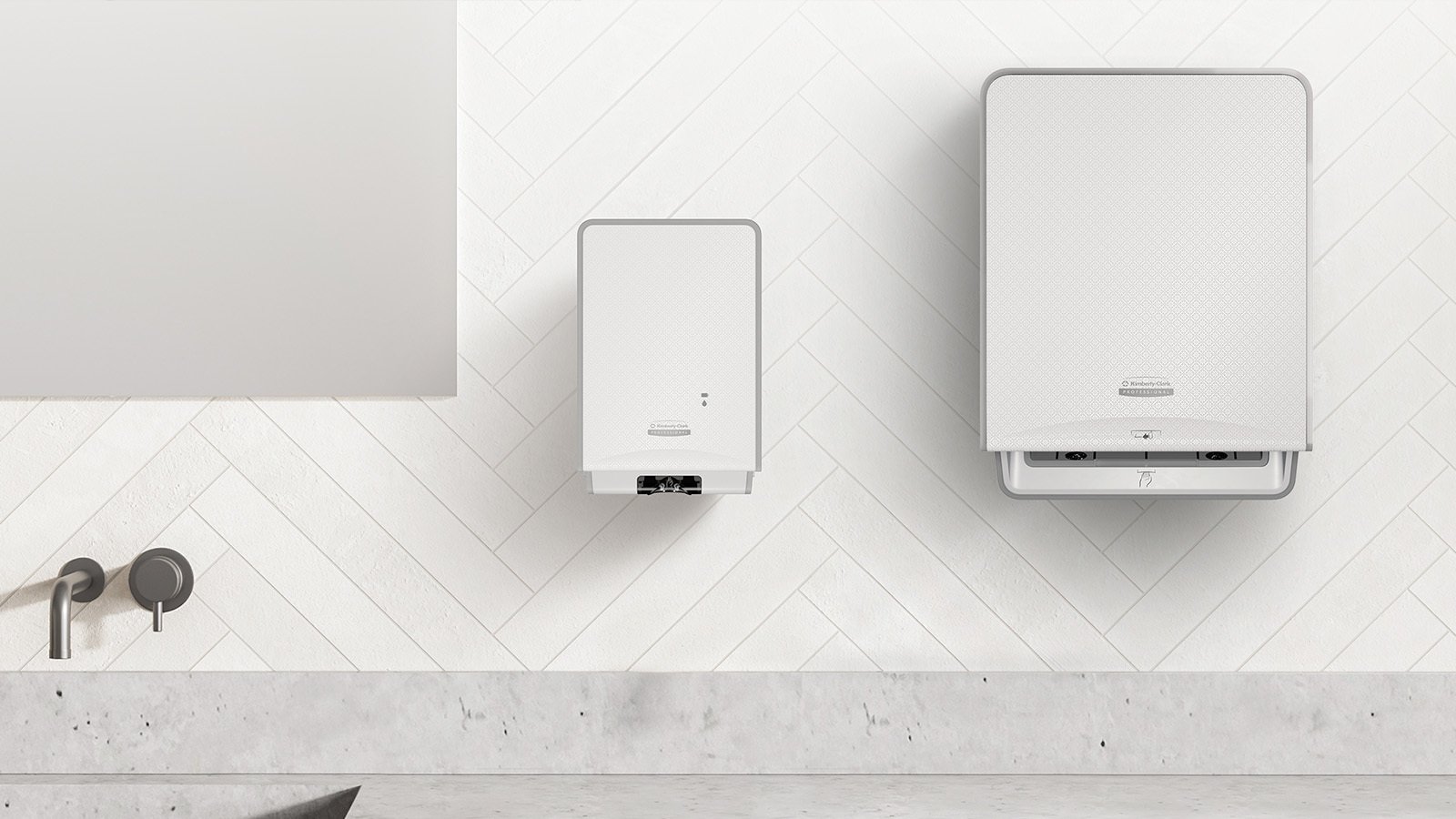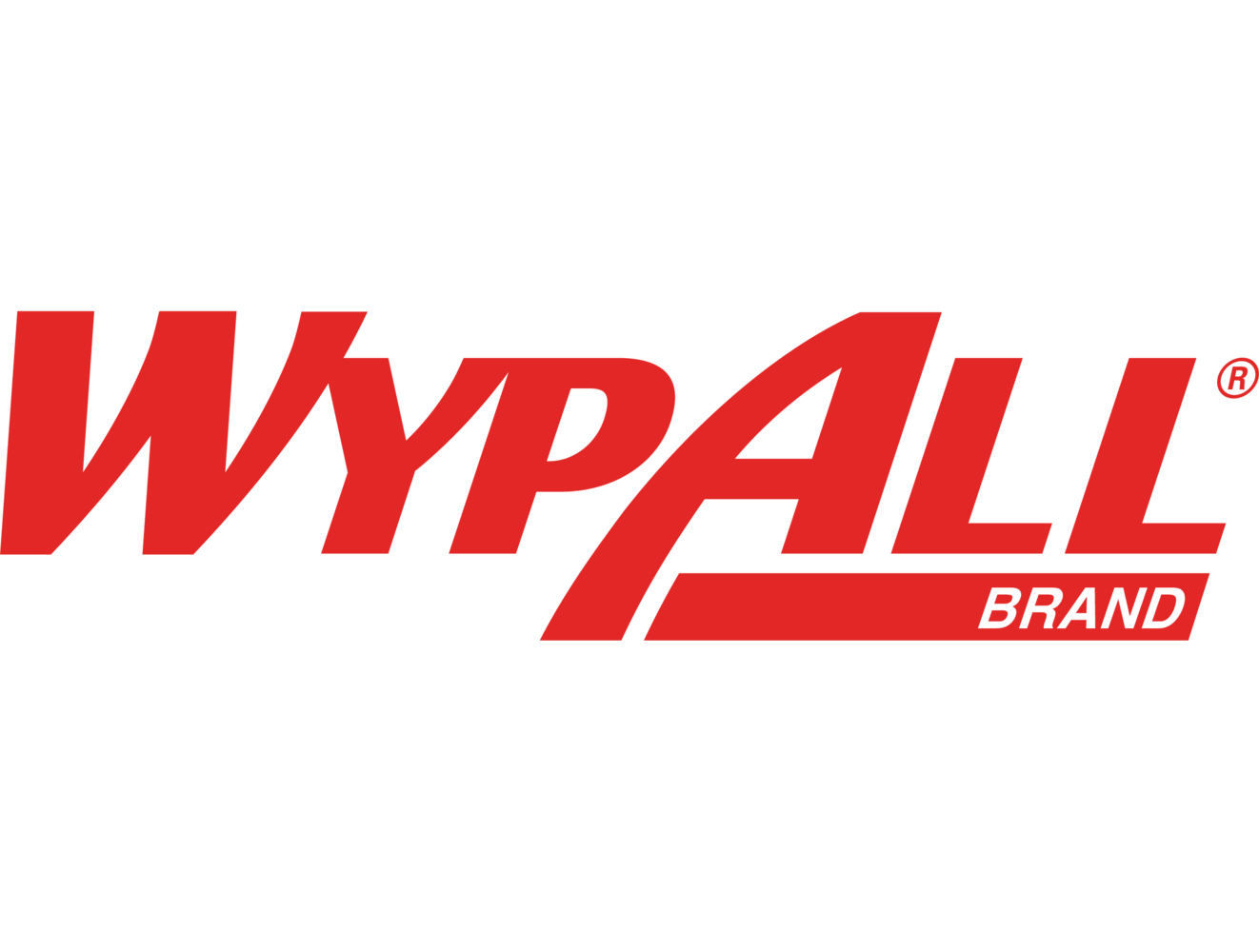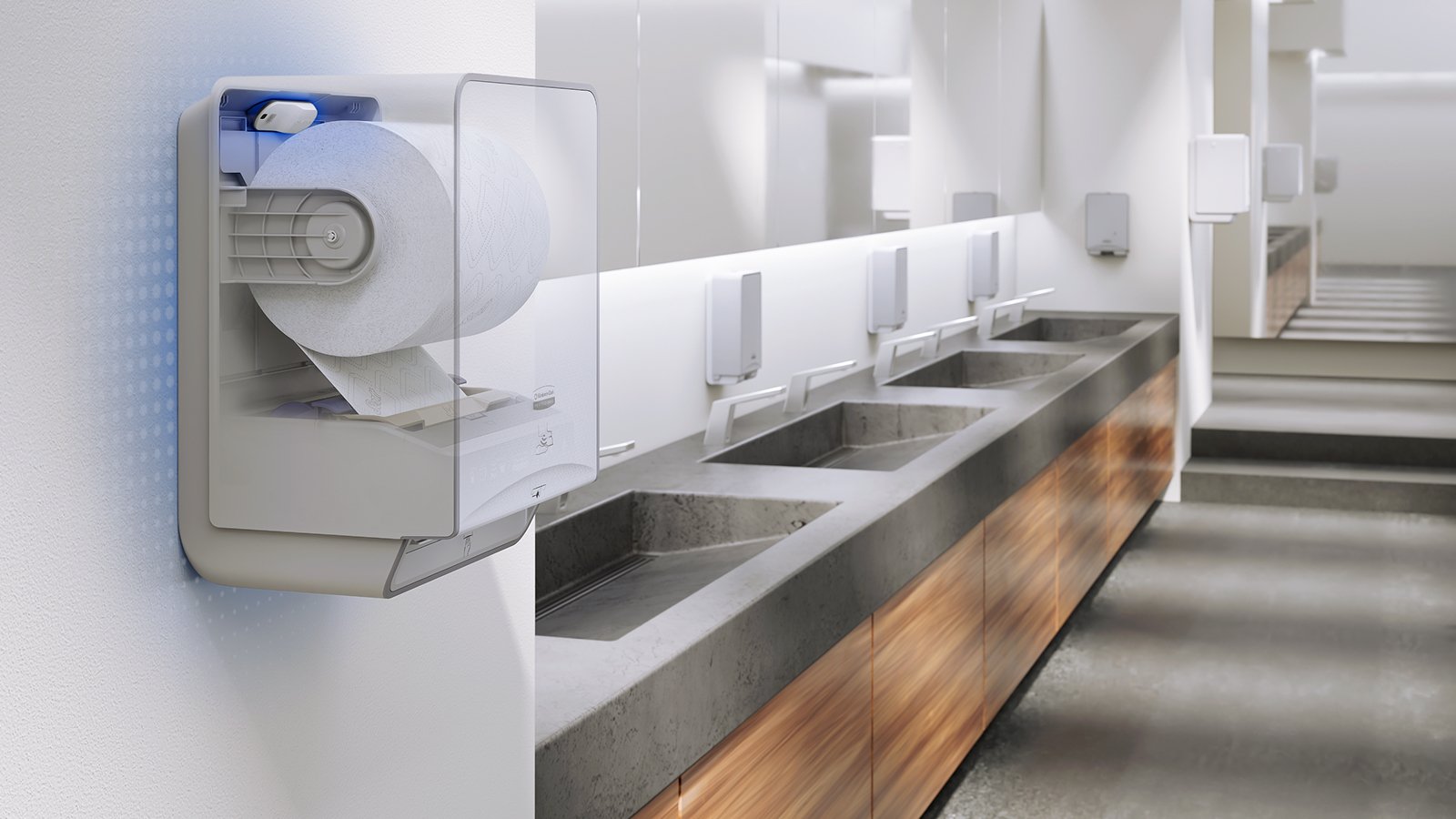
Give Us a Call
1-800-241-3146
7:30 a.m. – 7:00 p.m. ET
Monday – Friday

Chat with Us
8:00 a.m. – 6:00 p.m. ET
Monday – Friday
Monday – Friday
KCP Advantage
Tools, calculators and marketing resources for Kimberly-Clark Professional distributor sales representatives (DSRs).
Create an Account
Create an Account
Distributor Portal
Provides authorized distributors 24/7 access to order status, pricing, rebates, and more.
Not registered? Request Access
Not registered? Request Access
Onvation Dashboard
View and manage your Smart Restroom Management System account.
Interested in maximizing your restroom efficiency?
Schedule Consultation
Interested in maximizing your restroom efficiency?
Schedule Consultation
Mozilla/5.0 AppleWebKit/537.36 (KHTML, like Gecko; compatible; ClaudeBot/1.0; [email protected])
Desktop
- Dispensers Overview
- Kimberly-Clark Professional™ ICON™ Dispenser Collection
- Hard-Roll Towel Dispensers
- Folded Towel Dispensers
- Center-Pull Towel Dispensers
- Standard Roll Toilet Paper Dispensers
- Jumbo Roll Toilet Paper Dispensers
- Folded Toilet Paper Dispensers
- Seat Cover Dispensers
- Air Freshener Dispenser
- Electronic Soap & Sanitizer Dispensers
- Manual Soap & Sanitizer Dispensers
- Counter Mount Soap & Sanitizer Dispenser
- Floor Stand Soap & Sanitizer Dispenser
- Wipes Dispensers
- Restrooms Overview
- Hard Roll Paper Towels
- Folded Paper Towels
- Center Pull Paper Towels
- Kitchen Paper Towels
- Standard Roll Toilet Paper
- Jumbo Roll Toilet Paper
- Folded Toilet Paper
- Toliet Seat Covers
- Hand Soap
- Hand Sanitizer
- Hand and Body Lotion
- Hair and Body Wash
- Facial Tissue - Flat Box
- Facial Tissue - Upright Box
- Air Fresheners
- Paper Napkins
- WypAll® Maintenance eBook
- Manufacturing Productivity eBook
- Cost of Failure eBook
- Smart Restroom Case Study
- Microfiber Cloths Case Study
- Manufacturer's Guide: Essential Wiping Solutions
- Cleaning & Wiping Guide for Manufacturing Maintenance
- Sustainable Supplier Checklist
- Office Cleaning Checklist
- School Cleaning Checklist
-
-
-
- WypAll® Maintenance eBook
- Manufacturing Productivity eBook
- Cost of Failure eBook
- Smart Restroom Case Study
- Microfiber Cloths Case Study
- Manufacturer's Guide: Essential Wiping Solutions
- Cleaning & Wiping Guide for Manufacturing Maintenance
- Sustainable Supplier Checklist
- Office Cleaning Checklist
- School Cleaning Checklist
-
-
-

Give Us a Call
1-800-241-3146
7:30 a.m. – 7:00 p.m. ET
Monday – Friday
Chat with Us
8:00 a.m. – 6:00 p.m. ET
Monday – Friday
-
KCP Advantage
Tools, calculators and marketing resources for Kimberly-Clark Professional distributor sales representatives (DSRs).
Create an AccountDistributor Portal
Provides authorized distributors 24/7 access to order status, pricing, rebates, and more.
Not registered? Request AccessOnvation Dashboard
View and manage your Smart Restroom Management System account.
Interested in maximizing your restroom efficiency?
Schedule Consultation








